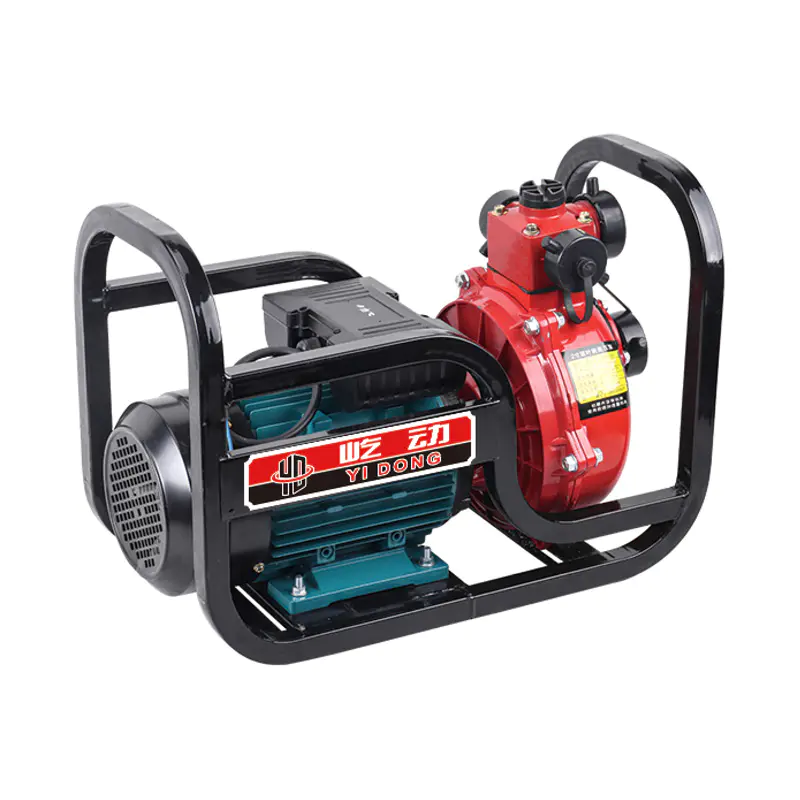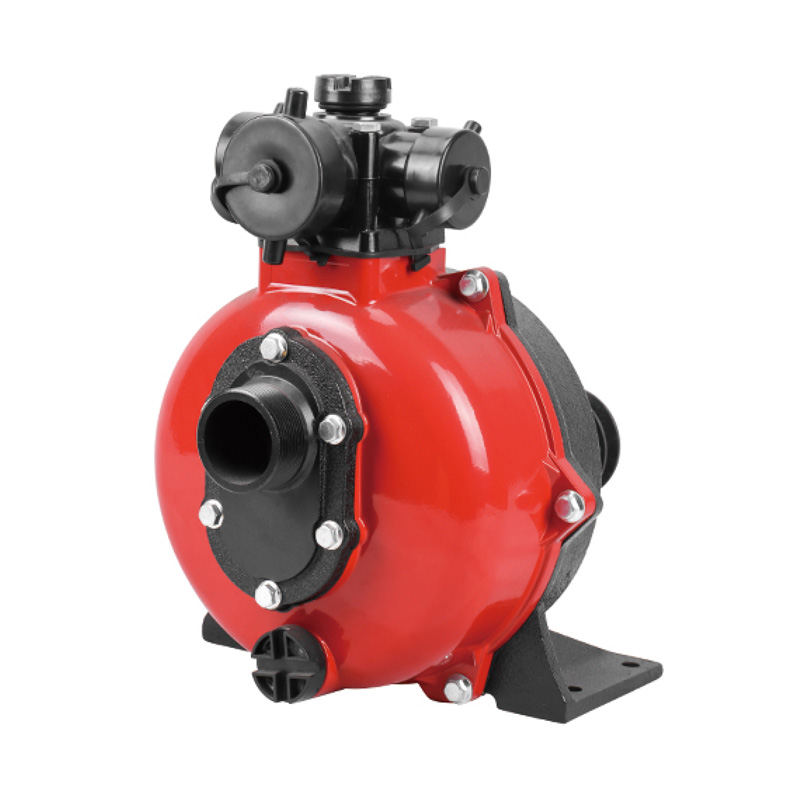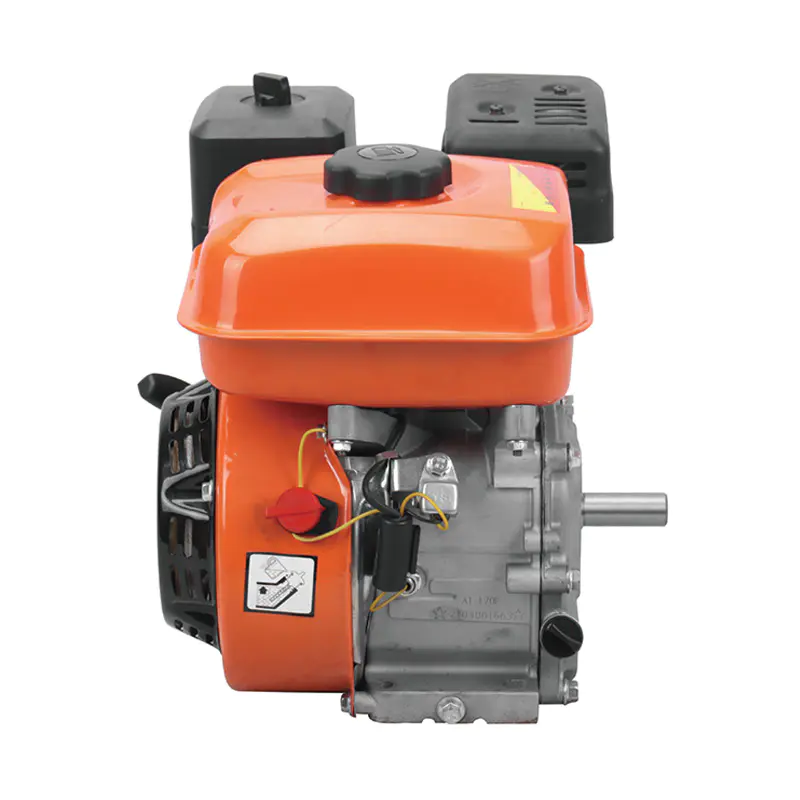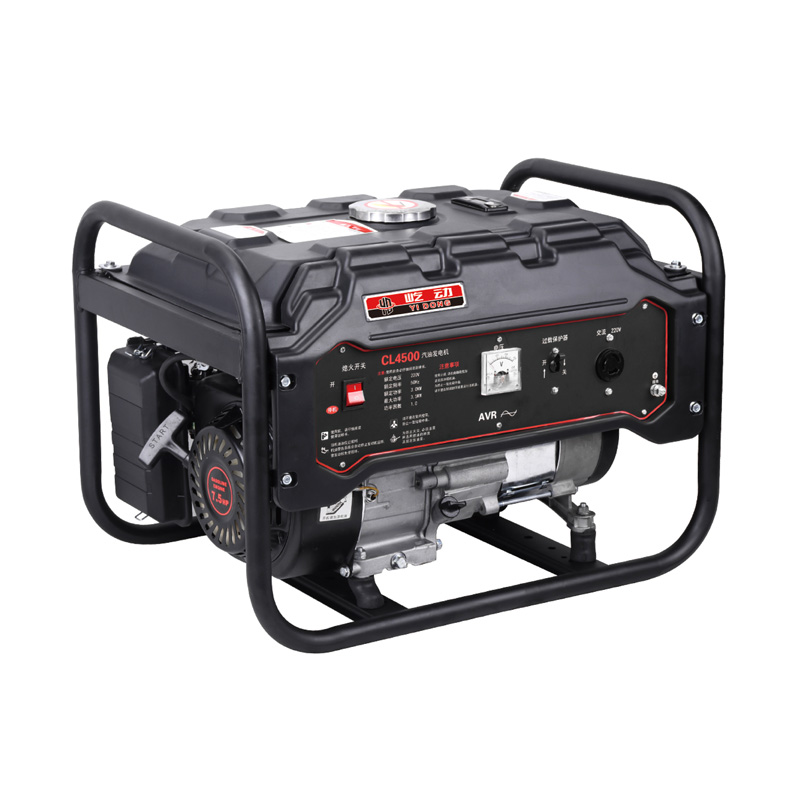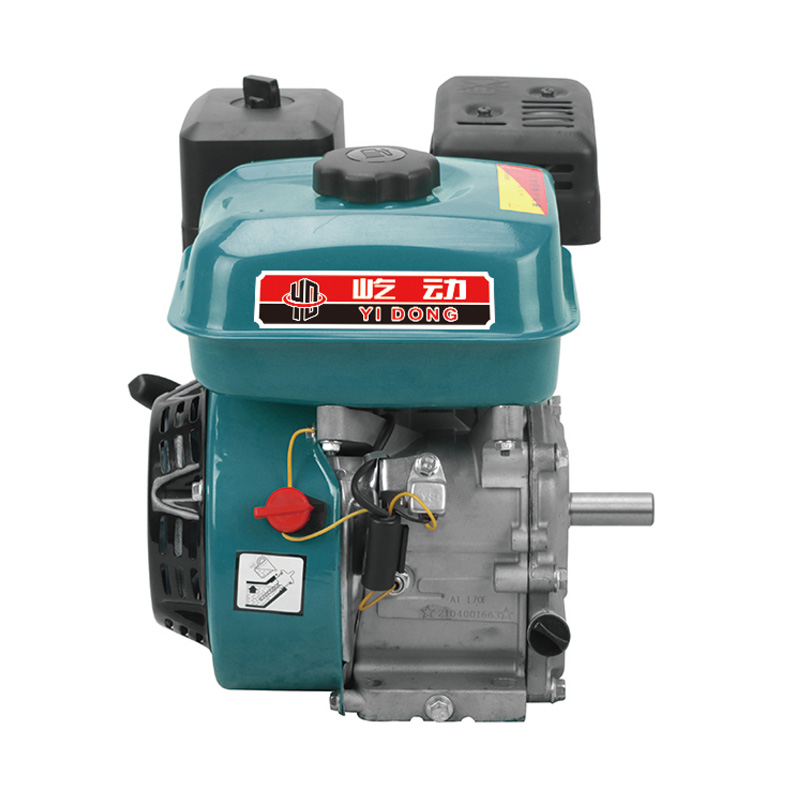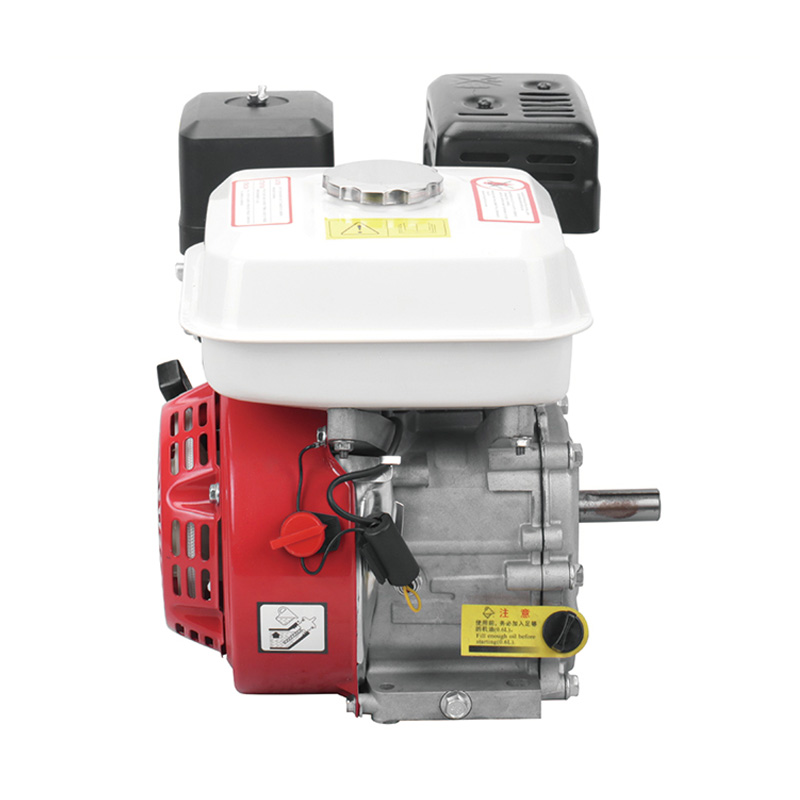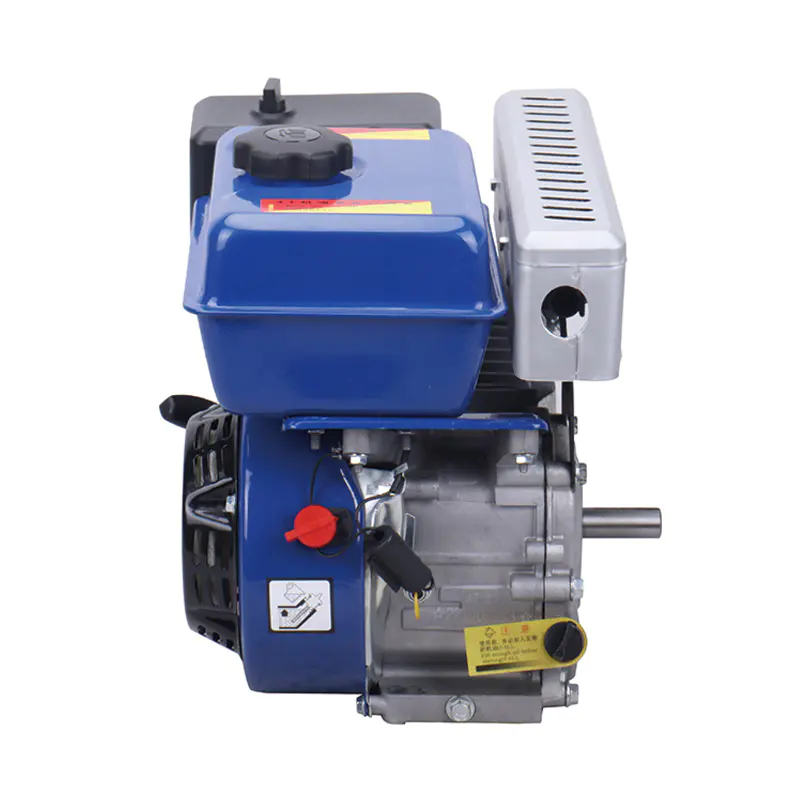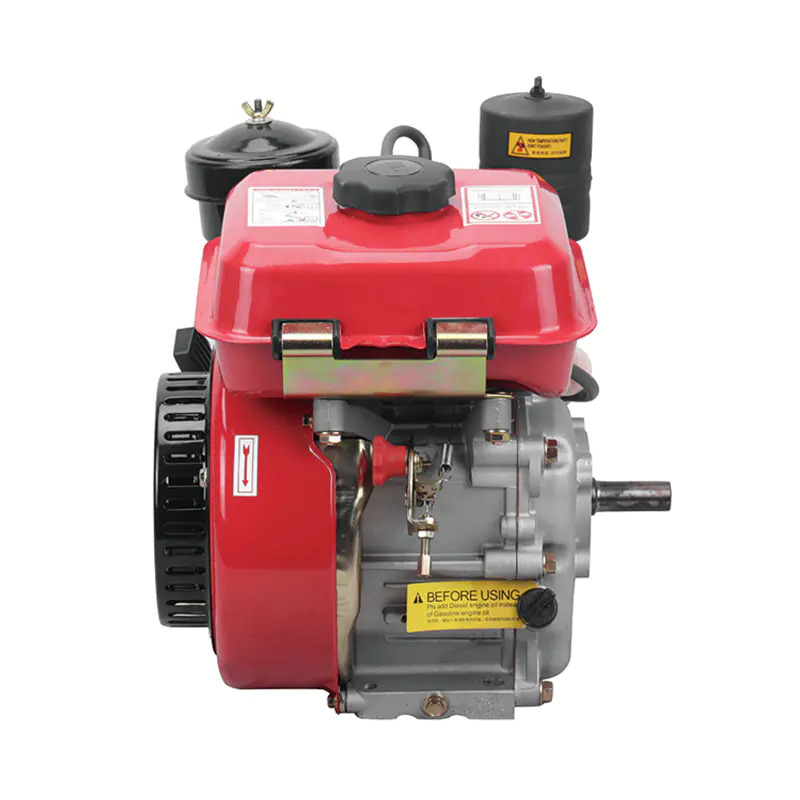When purchasing a water pump for a sprayer, you should pay attention to the following aspects:
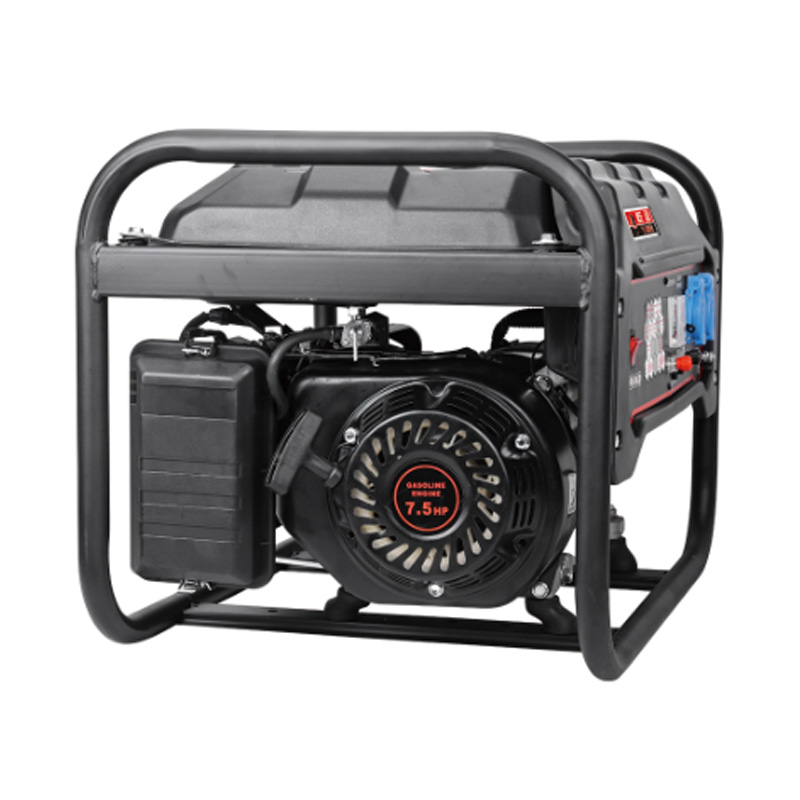
1. Matching pump performance with demand
Power and efficiency: According to the size of the farm and the demand for spraying, choose a water pump with appropriate power to ensure that the spraying speed and coverage meet the actual needs.
Flow and pressure: According to the specific requirements of the sprayer, choose a water pump with appropriate flow and pressure to ensure that the medicine can be evenly sprayed to the target area.
2. Material and durability
Pump body material: Considering the installation environment and the medium to be transported, choose corrosion-resistant and wear-resistant materials, such as stainless steel, to extend the service life of the water pump.
Structural strength: Ensure that the structural strength of the water pump is sufficient to withstand various pressures and vibrations during the spraying process.
3. Core component quality
Liquid pump performance: The liquid pump is the core part of the sprayer. A liquid pump with powerful performance and strong pumping capacity should be selected to ensure the spraying effect and speed.
Nozzle quality: The nozzle determines the spraying effect and distribution of the liquid medicine. You should choose a nozzle with good quality and easy adjustment to achieve precise spraying control.
4. brand and after-sales service
Brand reputation: Choose well-known brands and products with good reputations to ensure the reliability of product quality and after-sales service.
Service network: Consider whether the brand's service network is complete so that you can get timely repairs and support when you encounter problems during use.
What are the Common Issues with Sprayer Water Pumps?
Sprayer water pumps are integral to many agricultural and horticultural operations, but they are not without their challenges. Understanding the common issues faced by these pumps can help users maintain their equipment better and choose more appropriate solutions for their needs.
1. Cavitation
Cavitation is a phenomenon where vapor bubbles form in the pump due to low pressure, only to collapse and potentially damage the pump's internal components. This issue can noise, reduced efficiency, and physical damage over time.
2. Wear and Tear
The mechanical parts of a sprayer water pump are subject to constant wear and tear. The impeller, seals, and bearings are particularly susceptible to damage due to continuous operation, especially when dealing with abrasive or dirty water.
3. Air in the Line
Air trapped in the water line can priming issues, where the pump struggles to draw water into its casing. This can result in reduced performance and, in some cases, complete pump failure.
4. Overheating
Electric sprayer water pumps can experience overheating if they are overworked or if there is a blockage in the water flow. This can motor burnout and reduced pump lifespan.
5. Vibration and Misalignment
Improper installation or vibration during long-term use can cause misalignment in the pump, increased wear, noise, and potential failure of the pump.
6. Electrical Issues
Electrical problems such as short circuits, faulty wiring, or motor burnouts are common with electric water pumps. These issues can be due to environmental factors, incorrect voltage, or simply the age of the pump.
7. Corrosion
Corrosion can affect the external and internal components of a water pump, especially if it is used in environments with high levels of chemicals or in saline water conditions.
8. Seal Failure
Seal failure can water leaks, which not only reduce the efficiency of the pump but also pose a risk of electrical hazards due to water contamination.
9. Inadequate Flow or Pressure
Sometimes, sprayer water pumps may not provide the required flow rate or pressure, which can be due to a variety of factors including blocked nozzles, worn impellers, or incorrect pump selection for the task.
Addressing these common issues requires regular maintenance, proper installation, and choosing the right pump for the specific application. By being aware of these potential problems, users can take proactive steps to extend the life of their sprayer water pumps and ensure performance.
How to Choose a Suitable Commercial Electric Water Pump?
Selecting the right commercial electric water pump is crucial for the efficient operation of any system that relies on water circulation, be it for irrigation, industrial processes, or cleaning. Here are some considerations to keep in mind when choosing a suitable pump.
Pump Type
There are various types of electric water pumps, including submersible, centrifugal, and positive displacement pumps. Each type has its own advantages and is suited to different applications. For instance, submersible pumps are often used in wells and deep water sources, while centrifugal pumps are versatile for a range of applications.
Flow Rate and Head
The flow rate and head are critical specifications that determine the pump's ability to move water at a desired rate and to a certain height. These should be chosen based on the specific requirements of the system, such as the distance water needs to be lifted and the volume that needs to be circulated.
Power Source and Efficiency
The power source of the pump, whether it's a single-phase or three-phase electric motor, should match the available power supply. Additionally, the efficiency of the pump will affect both operational costs and energy usage, so choosing a high-efficiency pump can long-term savings.
Material and Construction
The material of the pump's construction should be resistant to the type of water it will handle, whether it's fresh, salt, or chemically treated. Stainless steel, for example, is often used for its corrosion resistance.
Motor Protection
Look for pumps with adequate motor protection ratings to ensure they can handle fluctuations in power and prevent damage due to overloads or short circuits.
Ease of Maintenance
A pump that is easy to maintain will reduce downtime and maintenance costs. Look for features such as easy access to the impeller and other wear parts, as well as designs that the need for disassembly for routine checks.



 English
English русский
русский Français
Français Español
Español عربى
عربى